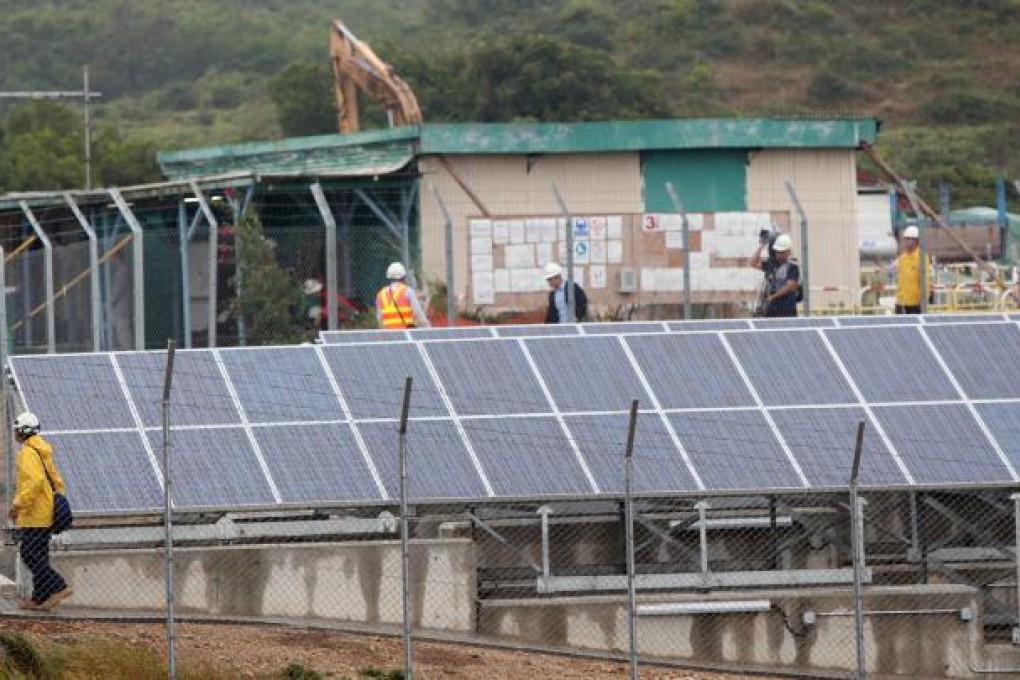
In his column Jake van der Kamp says expatriates who can't afford to send their children to an expensive international school should go home ("ESF sense of entitlement an antiquated school of thought", November 11). Hong Kong would lose nothing, he says.
I have no children, but I beg to differ.
The authors of our "Asia's world city" brand line rightly identified Hong Kong's international qualities as its most marketable asset - and that includes people.
The world is globalising fast and places that are ahead of the curve - cities like London, New York and yes, Hong Kong - should be looking to stay in pole position.
Hong Kong's army of expat teachers, journalists, artists, designers, barmen and bloggers may not earn the salaries needed to fund their kids through an expensive education, but they're a key part of what keeps this city ahead of world-city wannabes like Singapore and Shanghai.
Hard-working expatriates with real lives add colour and vitality to the city in ways that corporate number crunchers never will. Why, having placed itself at the vanguard of globalisation in Asia, would Hong Kong want to go backwards by losing these people?